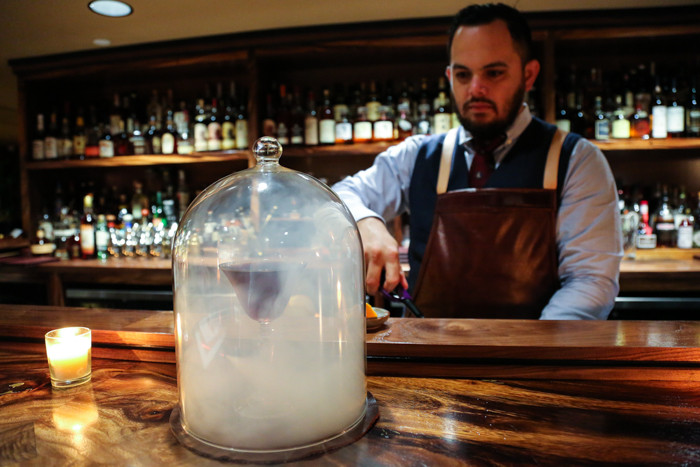Some time ago I was at a dinner with an oenophile who ordered an expensive bottle of red wine. After a few sips, he noted that it was very "oaky." I thought it was excellent, but I didn't smell any significant wood flavors. After some puzzling and nosing each others' glasses it became clear that his glass had an oak smell to it.
It wasn't long before the sommelier confirmed this and began tripping over herself to apologize and make up for what was obviously a contaminated glass. Thinking back on it I'm wondering: is it plausible that the restaurant was intentionally "salting" wine glasses with some sort of wood flavoring? Is this a known practice in the industry?
(Unless it was being stored in a working woodshop I'm having a hard time imagining how a fine wine glass in a restaurant would naturally acquire a notable oak flavor in the course of cleaning and storing.)
